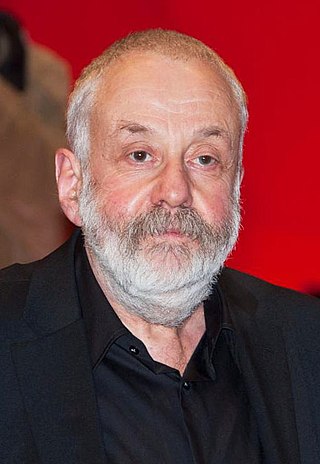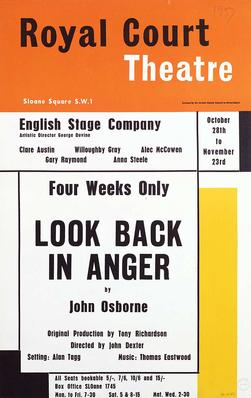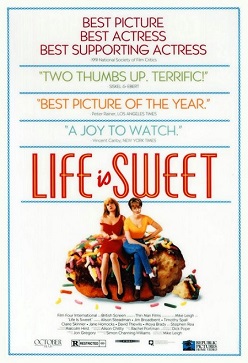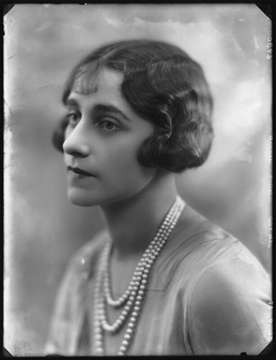Plot
Subtitled on the Royal Court's posters as "an evening of high drung and slarrit", the play is in the absurdist tradition. It contains numerous diversions and non-sequiturs, such as people riding to hounds on camels, and a game of three-handed whist played by two participants, without cards, in the dark, but the core consists of the efforts of the son of the house, Kirby, to teach a collection of talking weight machines, which he has stolen, to sing the Hallelujah chorus from Messiah , and his father's decision to build a replica of the Old Bailey in the sitting room. Elsewhere in the household Mrs Groomkirby is so obsessed with cooking that she employs a neighbour to come in twice a week to help eat the food, and the daughter, Sylvia is dissatisfied with the length of her arms. In Mr Groomkirby's home-made Old Bailey a judge and counsel appear; Kirby is put on trial for mass murder (he kills people so as to indulge his passion for wearing black mourning) and his father is discredited as a witness under cross-examination, for failing to prove that he isn't in Chester-le-Street. [3]

Mike Leigh is an English writer-director with a career spanning film and theatre. He has received numerous accolades, including prizes at the Cannes Film Festival, Berlin International Film Festival, the Venice International Film Festival, three BAFTA Awards, and nominations for seven Academy Awards. He also received the BAFTA Fellowship in 2014, and was appointed an Officer of the Order of the British Empire (OBE) in the 1993 Birthday Honours for services to the film industry.

Black Comedy is a one-act farce by Peter Shaffer, first performed in 1965. The premise of the piece is that light and dark are transposed, so that when the stage is lit the cast are supposed to be in darkness and only when the stage is dark are they supposed to be able to see each other and their surroundings. A young sculptor and his fiancée have borrowed some expensive antique furniture from a neighbour's flat without his permission to impress an elderly millionaire art collector. When the power fails, the neighbour returns early, other people also arrive unexpectedly, and matters descend into near-chaos.

Kenneth Peacock Tynan was an English theatre critic and writer. Making his initial impact as a critic at The Observer, he praised John Osborne's Look Back in Anger (1956), and encouraged the emerging wave of British theatrical talent. In 1963, Tynan was appointed as the new National Theatre Company's literary manager.

Look Back in Anger (1956) is a realist play written by John Osborne. It focuses on the life and marital struggles of an intelligent and educated but disaffected young man of working-class origin, Jimmy Porter, and his equally competent yet impassive upper-middle-class wife Alison. The supporting characters include Cliff Lewis, an amiable Welsh lodger who attempts to keep the peace; and Helena Charles, Alison's snobbish friend.

Clement Graham Crowden was a Scottish actor. He was best known for his many appearances in television comedy dramas and films, often playing eccentric "offbeat" scientist, teacher and doctor characters.

Life Is Sweet is a 1990 British comedy-drama film directed by Mike Leigh, starring Alison Steadman, Jim Broadbent, Claire Skinner, Jane Horrocks and Timothy Spall. Leigh's third cinematic film, it was his most commercially successful title at the time of release. A tragi-comic story, it follows the fortunes of a working-class North London family over a few weeks one summer.

William Maurice Denham OBE was an English character actor who appeared in over 100 films and television programmes in his long career.

John Maddison Morton was an English playwright who specialised in one-act farces. His most famous farce was Box and Cox (1847). He also wrote comic dramas, pantomimes and other theatrical pieces.

Dorothy Renée Ascherson, known professionally as Renée Asherson, was an English actress. Much of her theatrical career was spent in Shakespearean plays, appearing at such venues as the Old Vic, the Liverpool Playhouse, and the Westminster Theatre. Her first stage appearance was on 17 October 1935, aged 20, and her first major film appearance was in The Way Ahead (1944). Her last film appearance was in The Others (2001).

Moyra Fraser was an Australian-born English actress and ballet dancer, who is best known for playing Penny in the long-running sitcom As Time Goes By. Her sister was the actress Shelagh Fraser. She married author Douglas Sutherland, with whom she had a daughter, and Roger Lubbock, by whom she had two sons.
Norman Frederick Simpson was an English playwright closely associated with the Theatre of the Absurd. To his friends he was known as Wally Simpson, in comic reference to the abdication crisis of 1936.

Douglas Wilmer was an English actor, best known for playing Sherlock Holmes in the 1965 TV series Sherlock Holmes.

The Lyric Theatre is a West End theatre in Shaftesbury Avenue in the City of Westminster. It was built for the producer Henry Leslie, who financed it from the profits of the light opera hit, Dorothy, which he transferred from its original venue to open the new theatre on 17 December 1888.

Alison Joy Leggatt was an English character actress.

Look Back in Anger is a 1959 British kitchen sink drama film starring Richard Burton, Claire Bloom and Mary Ure and directed by Tony Richardson. The film is based on John Osborne's play about a love triangle involving an intelligent but disaffected working-class young man, his upper-middle-class, impassive wife (Alison) and her haughty best friend. Cliff, an amiable Welsh lodger, attempts to keep the peace. The character of Ma Tanner, only referred to in the play, is brought to life in the film by Edith Evans as a dramatic device to emphasise the class difference between Jimmy and Alison. The film and play are classic examples of the British cultural movement known as kitchen sink realism.

One Way Pendulum is a 1965 British comedy film directed by Peter Yates and starring Eric Sykes and George Cole. It is an adaptation of the play by N. F. Simpson.

Epitaph for George Dillon is an early John Osborne play, one of two he wrote in collaboration with Anthony Creighton. It was written before Look Back in Anger, the play which made Osborne's career, but opened a year after at Oxford Experimental Theatre in 1957, and was then produced at London's Royal Court theatre, where Look Back in Anger had debuted. It transferred to New York City shortly afterwards and garnered three Tony Award nominations.

Nicholas Selby was a British film, television and theatre actor. He appeared in more than one hundred television dramas on the BBC and ITV during the course of his career, including Our Friends in the North, Poldark and House of Cards. Selby was also a long-standing member of the Royal Shakespeare Company.

Simple Spymen is a farce by the English playwright John Chapman. The story concerns two street musicians who are mistakenly appointed by negligent army officers to act as bodyguards to protect a scientist from assassination by a foreign spy.
The "Dream Team" refers to the team of trial lawyers that represented O. J. Simpson in his 1995 trial for the murder of his former wife, Nicole Brown Simpson, and Ronald Goldman. The team included Robert Shapiro, Johnnie Cochran, Carl Douglas, Shawn Chapman Holley, Gerald Uelmen, Robert Kardashian, Alan Dershowitz, F. Lee Bailey, Barry Scheck, Peter Neufeld, Robert Blasier, and William Thompson.

















